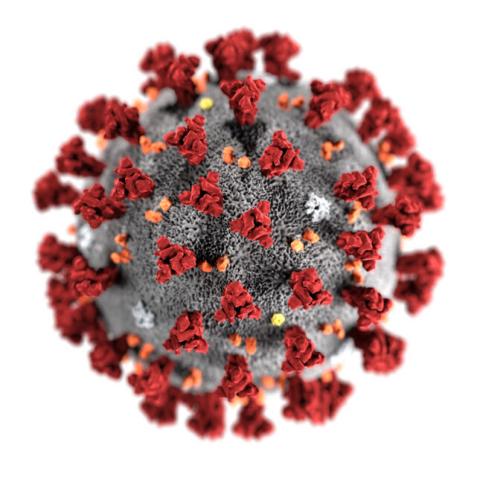
Back to top

Conference by Antonio Casilli (Paris School of Telecommunications (Telecom Paris)
The ongoing COVID-19 crisis, with it lockdowns, mass unemployment, and increased health risks, has been described as a automation-forcing event, poised to accelerate the introduction of automated processes replacing human workers. Nevertheless, a growing body of literature has emphasized the human contribution to machine learning. Especially platform-based digital labor performed by global crowds of underpaid micro-workers or extracting data from cab-hailing drivers and bike couriers, turns out to play an crucial role. Although the pandemic has been regarded as the triumph of 'smart work', telecommuting during periods of lockdown and closures concern only about 25 percents of workers. A class gradient seems to be at play, as platform-assisted telework is common among higher-income brackets, while people on lower rungs of the income ladder are more likely to hold jobs that involve physical proximity, which are deemed essential and cannot be moved online or interrupted. These include two groups of contingent workers performing what can be described as 'the last mile of logistics' (delivery, driving, maintenance and other gigs at the end of the supply chain) and the 'last mile of automation' (human-in-the-loop tasks such as data preparation, content moderation and algorithm verification). Indeed during lockdown, both logistic and micro-work platforms have reported a rise in activity – with millions signing up to be couriers, drivers, moderators, data trainers.
The COVID-19 pandemic has thus given unprecedented visibility to these workers, but without increased social security. Their activities are equally carried out in public spaces, in offices, or from home—yet they generally expose workers to higher health risks with poor pay, no insurance, and no sick leave. Last mile platform workers shoulder a disproportionate share of the risk associated with ensuring economic continuity. Emerging scenarios include use of industrial actions to increase recognition and improve their working conditions. COVID-19 has opened spaces of visibility by organizing workers across Europe, South America, and the US. Since March 2020, Instacart walkouts, Glovo and Deliveroo street rallies, Amazon 'virtual walkouts' have started demanding health measures or protesting remuneration cuts.